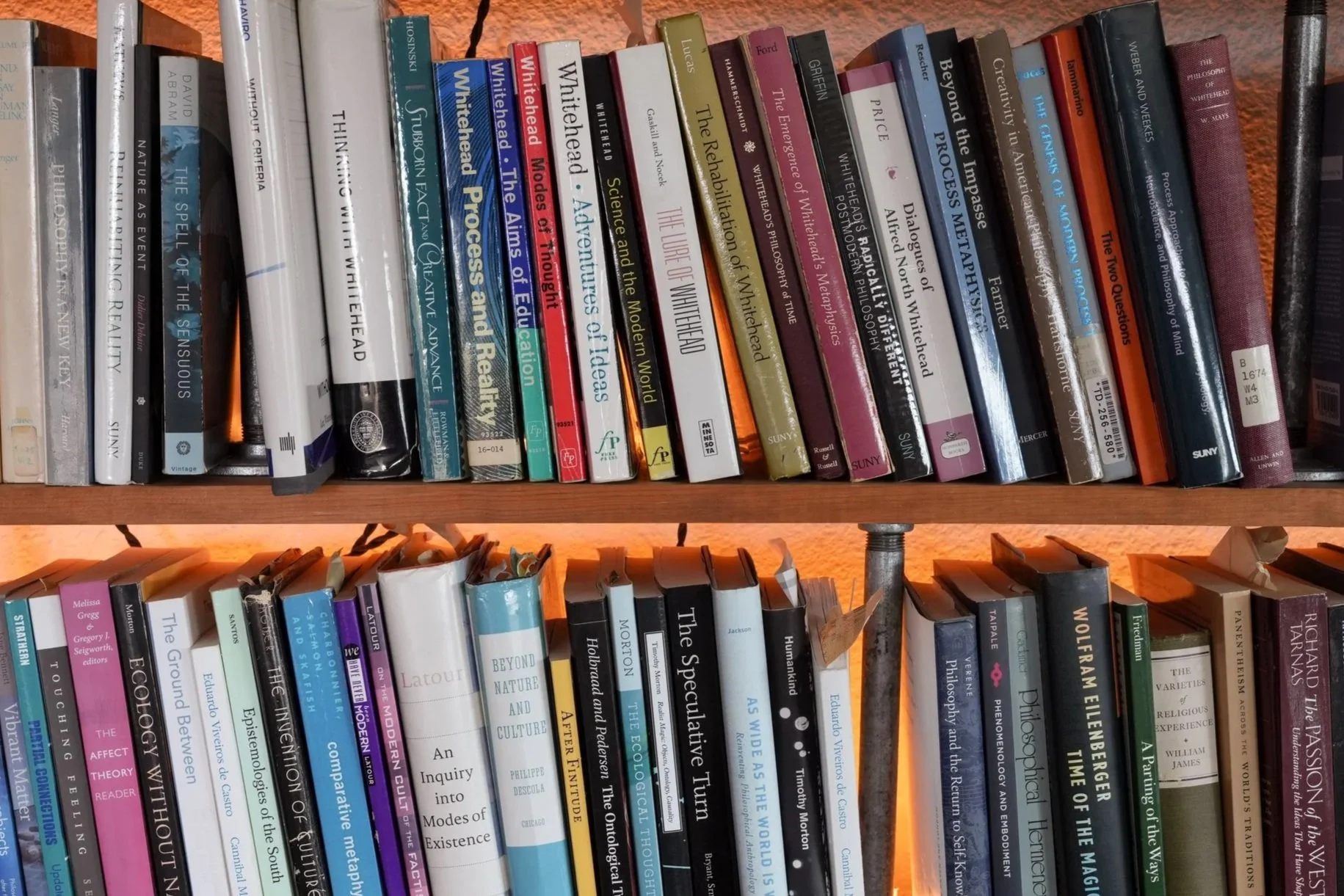
Book(s)
“Ecologies of Participation is impossible to caputre in some neat, established academic sound-bit, mostly because its multiple claims are all quite impossible — impossible, that is, within our present Western and colonized ways of speaking, thinking, and being. If we can imagine ourselves outside or after that framework, we might say that the book, like its author, is a shaman, a diviner, and a traveler among worlds, including future worlds. The vision of the human (and nonhuman) that emerges thorugh these words and worlds is unabashedly global, comparative, moral, and magical. Here is a weird and wonderful book in which everything is alive and even the stones tells stories. Really. ”
— Jeffrey Kripal, Rice University
“A joyful, verve-driven contribution to the conversation about the role of ontological difference in getting a handle on what used to be called cultural diversity. Impressive in its scope and ambition, this book takes the whole debate about ontology in the humanities and social sciences to places it has never been before.”
— Martin Holbraad, University College London
Ecologies of participation…
Zayin Cabot’s Ecologies of Participation is a daring debut that challenges the “wise homebodies” of academia by proposing a profoundly interdisciplinary methodology for comparative philosophy and religious studies. Grounded in process philosophy, the book advances a new ontology of agency and develops a multi-ontology approach that moves beyond both the reductionism of scientific materialism and the relativism of postmodern constructivism. Drawing on Lévy-Bruhl, Lévi-Strauss, and the ontological turn in anthropology, Cabot shows how diverse “ecologies of participation”—shamanic, mystic, divinatory, and agential—offer different ways of world-making that destabilize the givenness of “nature” or “culture”. While the 3 + 1 model of Being, Belonging, Becoming, and Beyond was only in a nascent form here, the book already points toward its later development by emphasizing the interplay of presence, relation, vitality, and freedom. The closing chapters extend these insights into an ethics of comparison and a participatory “guest protocol,” offering an unstable yet fertile ground for decolonial and critical scholarship and a way of facing our shared planetary predicament.
